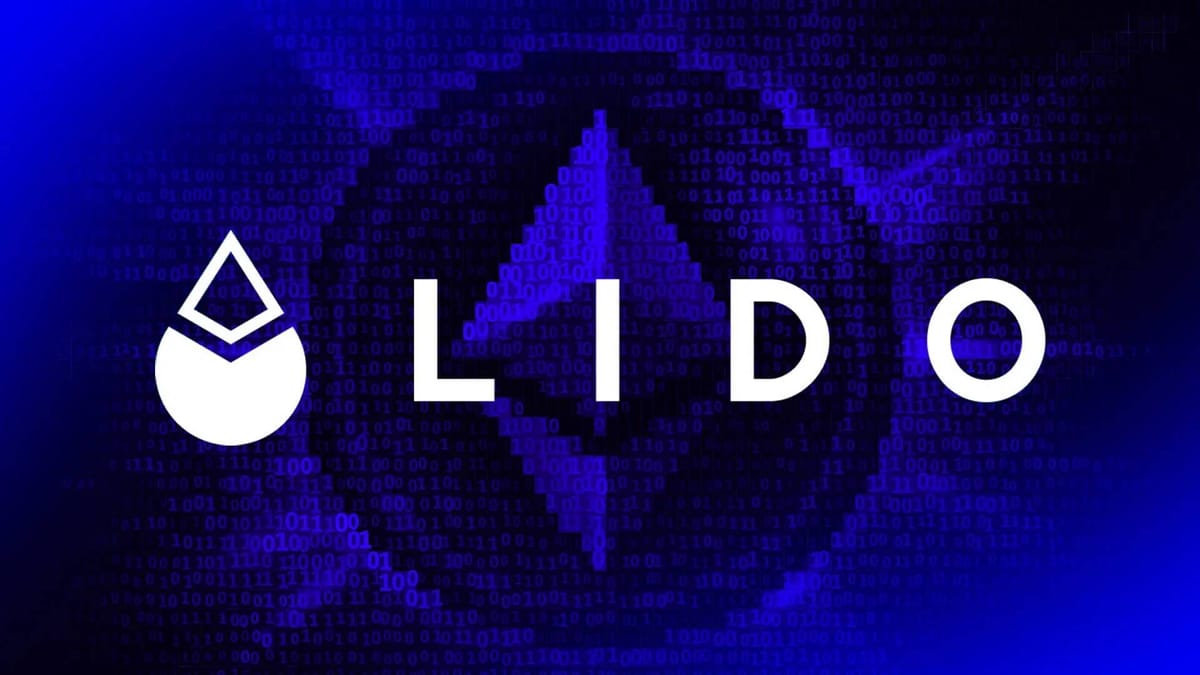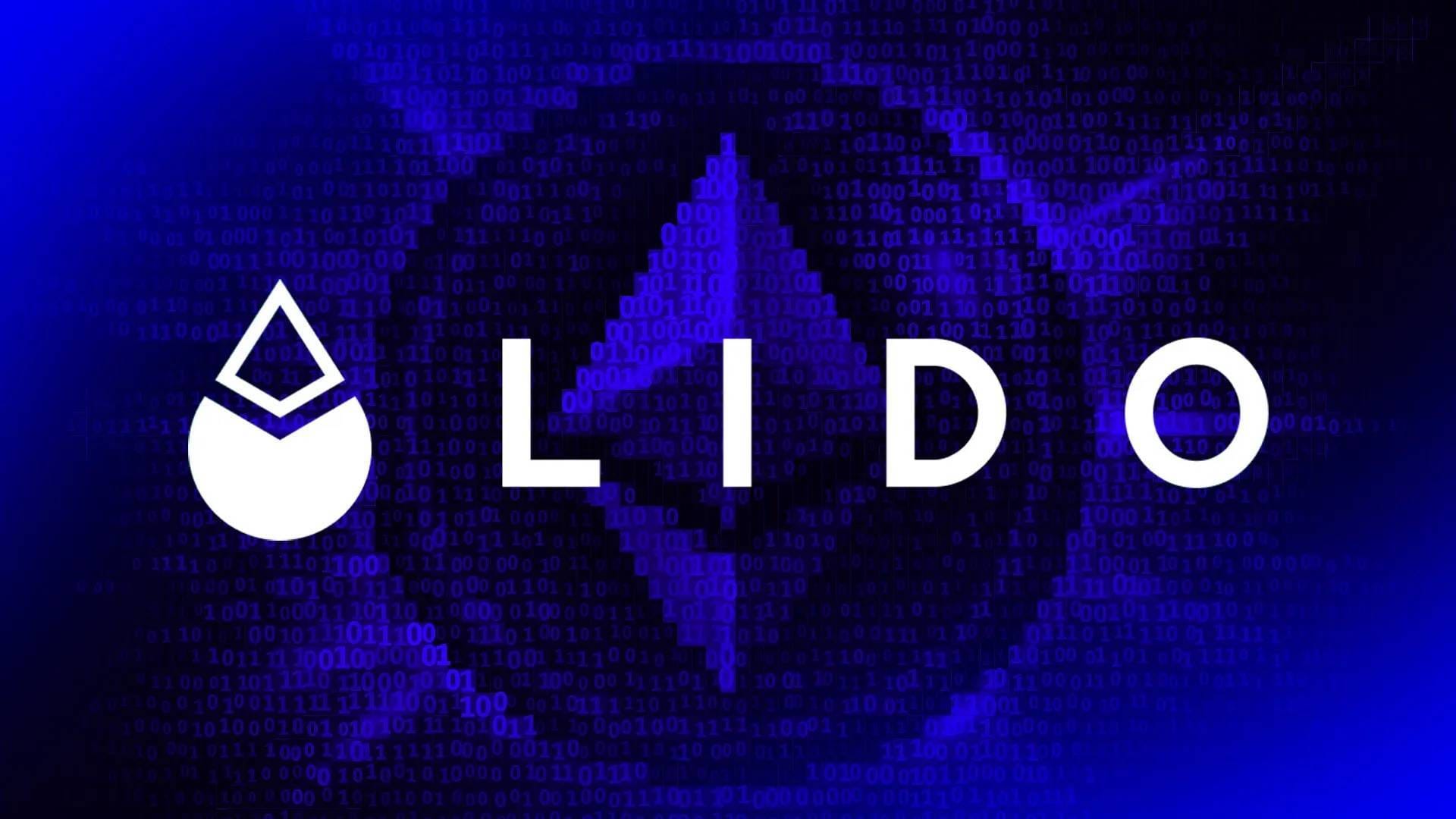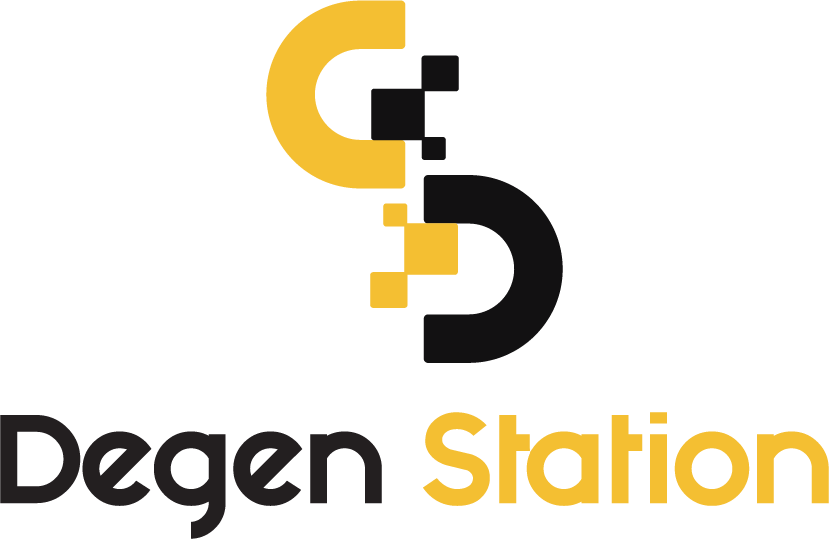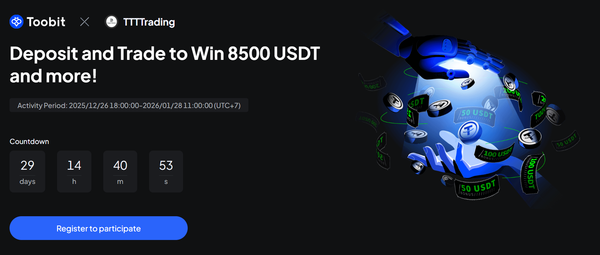Lido Approves Proposal to Test Distributed Validator Technology (DVT)

On November 3rd, Lido Finance passed several notable proposals, with the most intriguing being the approval to test Distributed Validator Technology (DVT).

Details of the Proposal
Announcement:
- Lido Finance's official X (formerly Twitter) account encouraged users to participate in the voting for four key proposals before the deadline on November 3rd.
It's voting time 🗳️
— Lido (@LidoFinance) October 27, 2023
New votes are live - learn more below & cast your vote before Nov 2nd.
1⃣ Staking Router Module Proposal: Simple DVT
2⃣ GOOSE: Lido DAO 1/3 Year Goals
3⃣ DAO Ownership of wstETH Base Bridge
4⃣ Jump Crypto Oracle Set Position
⚡️ https://t.co/yqbRrFDpyg pic.twitter.com/Yb400j8FpS
Key Proposal - DVT Testing:
- The first approved proposal is to test the decentralized validator technology in collaboration with two projects, Obol and SSV Network.
- The trial phase will be limited to 0.5% of the total value locked on Lido.
- Integrating DVT aims to decentralize risk, increase the uptime of the validator cluster, and optimize the staking experience for users.
Additional Proposals:
- GOOSE Framework:
- Authored by Hasu, this proposal outlines a roadmap focused on decentralizing project governance and attracting a large number of validators over the next three years.
- Integration of wstETH on Base:
- This proposal involves integrating the wrapped staked ETH (wstETH) version into the Base ecosystem.
- Node Operator Replacement:
- The final proposal involves replacing Jump Crypto with ChainLayer in the list of Node Operators.
Community and Market Impact
Community Engagement:
- The proposal has garnered significant interest and participation from the community, highlighting the community's support for Lido's efforts to enhance decentralization and improve staking efficiency.
Market Reaction:
- While the market impact of these proposals is yet to be fully realized, the approval of the DVT testing marks a significant step towards mitigating risks and improving the overall performance of Lido Finance's staking services.
Future Outlook
The successful approval of these proposals signifies Lido Finance's commitment to innovation and improving the staking experience for its users. The community can expect further updates as the testing phase progresses and as additional steps are taken towards decentralizing governance and integrating new technologies.





